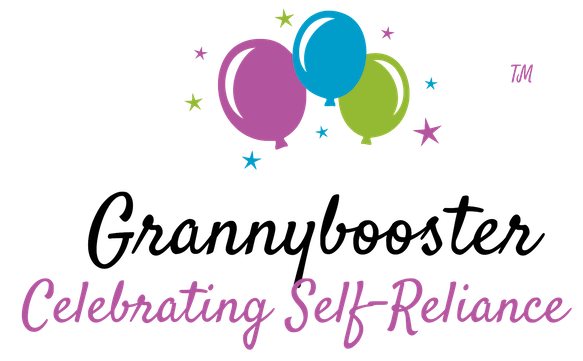
Why does youth so beguile our society that they would sacrifice the opportunity to learn from the wisdom and experience of older people? I’m referring to the disdain heaped upon older people in authority who are over 60 years of age, a group often dismissed as doddering has-beens. The resentment toward older people isn’t just apparent in the workplace where the demographic is changing as people of retirement age work longer, but it’s also in the media, which frequently reduces older people to caricatures.

Many younger people interpret the wisdom of older people as embodying old-fashioned ideas, stultifying opinions, rigid mores, and to add insult to injury, digital morons. Instead of embracing the wisdom that humans over age 50 have amassed, some of the young, fueled by Hollywood, believe that older people have lost the ability to learn and problem-solve, as well as the capacity for original thinking that helps nurture creativity.
Lest I seem as though I’m whining, I am not; I like and thoroughly enjoy my young friends and colleagues. The division, age-wise, between them and me is blurred, only because I have little to mark the chapters of my life, including not having had children. I simply don’t feel old.
Nevertheless, I am, and if it comes down to my competing with younger professionals for new business, with all things being equal between the competition and me, they will probably get the business. The public relations field is one of the best examples. If you look at the faces in a line-up of hot, emerging PR agencies, corporate communications teams, and even staffs of venerable old agencies, you will be looking into the faces of the young, almost exclusively. This doesn’t have to be. With seniors’ health being better than ever, often into their 8th decade, they can apply the same creativity and talent to their work as their younger counterparts and produce high-quality products and services for their employers.
It is both possible and desirable for younger and older people to not only coexist in the workplace but benefit from those relationships and learn from one another.
Boomers are turning 65 at a rate of about 8,000 a day over the next 18 years, according to the American Association of Retired Persons (AARP), so it makes sense to hire or keep older people who want to work until they can’t. If our faculties are intact, then keep us on, because the economic benefits for us and our employers are huge.
In an article by Dan Woog, contributing writer to Monster.com, the career website, four distinct generations share the workplace: the Silents (who are in their mid-60s on up), Baby Boomers (mid-40s to mid-60s), X-ers (mid-20s to mid-40s) and Millennials (the newest workers). The work and life experiences of each group are unique, but the divide is clearest between the two oldest generations and the two youngest. Still, there is much that they can learn from one another.
Many older workers believe, for example, that sticking with one employer or boss has its own rewards. They know that some companies take care of the employees who stay and take care of the company.
As for experience, whether it’s corporate policies, company politics, or industry knowledge, older workers know the ropes, according to Ben Dattner, an industrial and organizational psychologist and consultant. Most of them are happy to pass along what they know about people, jobs, and success.
Younger workers can also teach older ones. Whether it’s computers, PDAs, or any other device with bits and bytes, chances are younger workers know how to use it. If they don’t, they’re comfortable learning how. And, like most people with a skill, they’re usually happy to pass on what they know.
Many younger people are creative thinkers, and that is especially true compared to people who have spent their careers respecting corporate hierarchies and processes, and not taking a lot of risks.
A recent article in AARP.org states that the hottest demographic in the labor market is men and women working into their 70s, 80s, and sometimes beyond. Over the coming decade, they will be the fastest-growing segment of the workforce, according to the Bureau of Labor Statistics. Among 65- to 74-year-olds, labor force participation is predicted to hit 32 percent by 2022, up from 20 percent in 2002. At age 75 and up, the rate is expected to jump from 5 percent to 11 percent by 2022. Meanwhile, participation rates among younger age groups will be flat or will even fall. Many people now working into their late 70s and 80s have careers with a lot of variety that helps keep work interesting and enjoyable.
When my parents were young, there was a distinct threshold between working life and retirement. You retired at 65 years of age, and you’d darn well better have a hobby to fill in the hours. Mercifully, that’s not the case any longer, and because of it we often live longer.
We want to hear from you, so feel free to share tips, ideas, and resources for seniors with Grannybooster and subscribe to us on YouTube.
Email me, Maris Somerville, at [email protected]
**Previously published on Medium**


Leave a Reply